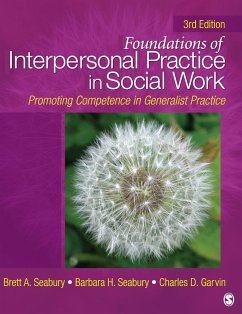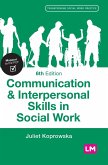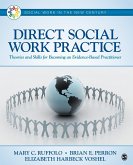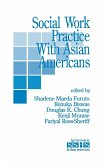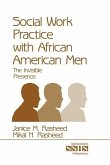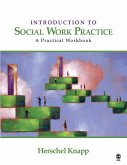This text takes a broad based approach to basic generalist practice methods that emphasize the common elements in working with individuals, families and groups. The goal of the book is to teach social work students how to enhance clients' social functioning by helping them become more proficient in examining, understanding, and resolving clients' social problems. The authors pay special attention to enhancing social justice by working with individuals and families who have been historically oppressed. This edition includes specific integrated coverage of the Council on Social Work Education's (CSWE) latest Educational Policy and Accreditation Standards (EPAS). Intended Audience This core text is designed for advanced undergraduate and graduate students enrolled in the introductory Direct Practice and Generalist Practice courses in BSW and MSW programs of social work.
Hinweis: Dieser Artikel kann nur an eine deutsche Lieferadresse ausgeliefert werden.
Hinweis: Dieser Artikel kann nur an eine deutsche Lieferadresse ausgeliefert werden.

